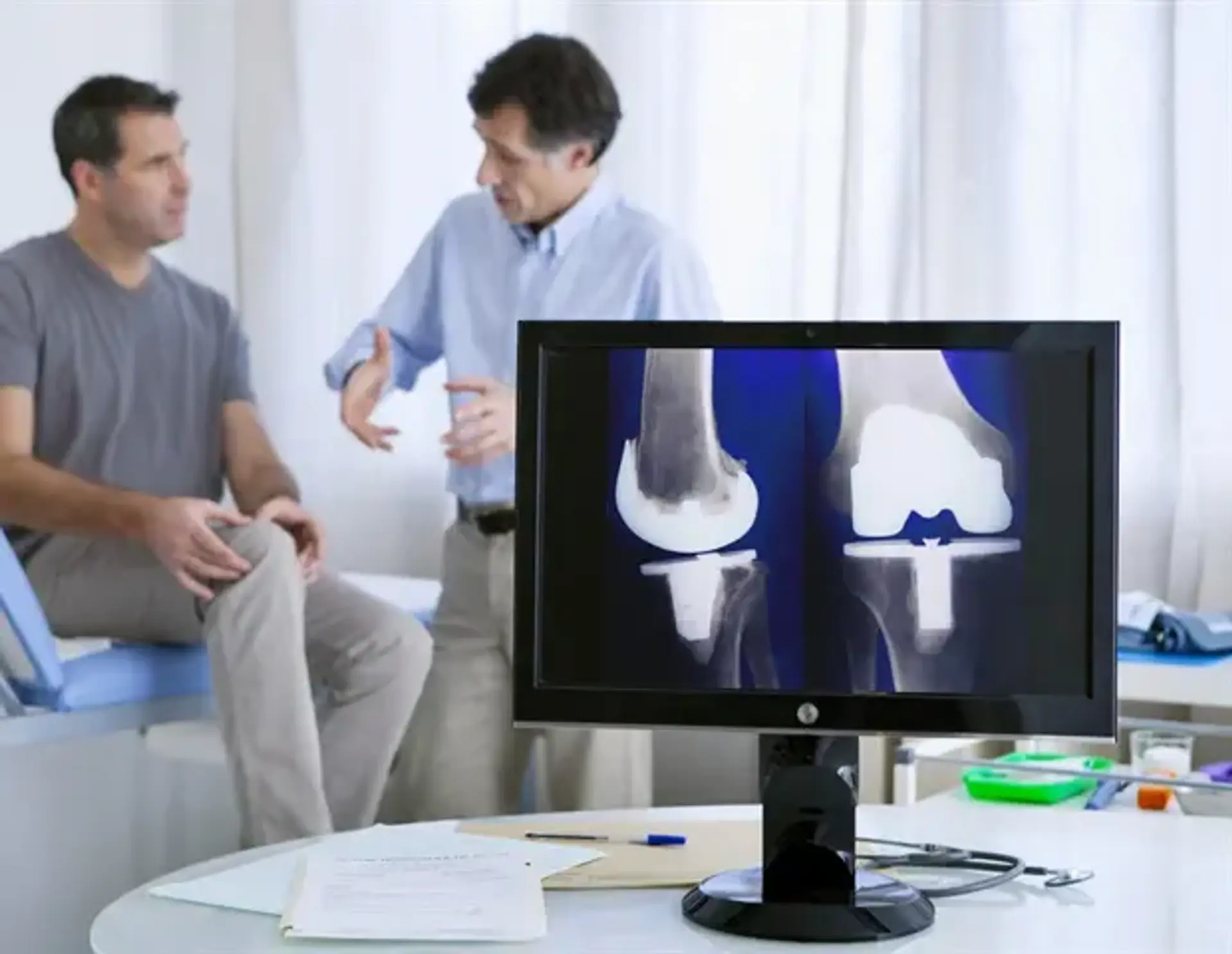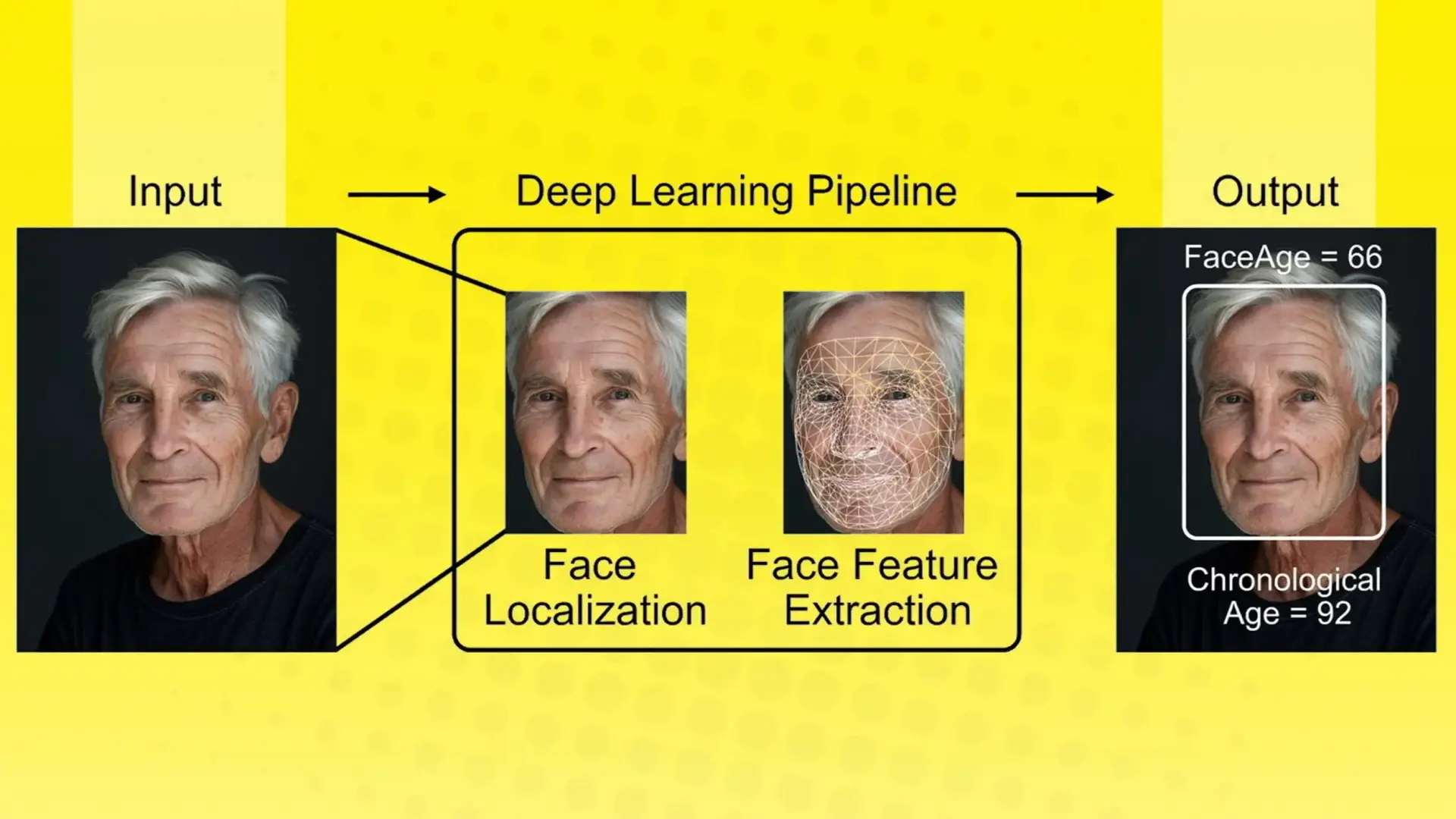The FaceAge algorithm, developed by Mass General Brigham, uses AI facial analysis to predict survival outcomes in cancer patients, sometimes outperforming clinicians. The deep learning system estimates biological age from face photographs, offering a potentially more reliable insight into a patient's health than chronological age. Trained on nearly 59,000 images of healthy individuals, FaceAge was tested on around 6,000 cancer patients. The results indicated that cancer patients often appear older than their actual age, with this older appearance correlating with reduced survival rates.
FaceAge demonstrated significant prognostic performance across various cancer types and stages, improving survival predictions, especially for incurable patients receiving palliative care. The algorithm isn't ready for clinical settings but could assist doctors in making better decisions. Preliminary research suggests cancer patients look approximately five years older than healthy individuals, potentially linking an older appearance to earlier mortality.
While still under review, researchers envision such tools guiding treatment decisions or advising when to seek medical attention. Further studies may extend the application of similar deep learning algorithms beyond cancer, translating a patient's visual appearance into objective, quantitative, and clinically useful measures.
Related Articles

AI Boosts Delirium Treatment
Read more about AI Boosts Delirium Treatment →
AI pinpoints post-op pain risks
Read more about AI pinpoints post-op pain risks →
AI Transforms Accountancy Practices
Read more about AI Transforms Accountancy Practices →
AI pinpoints brain cell types
Read more about AI pinpoints brain cell types →
